Hey guys,
Thanks for updating your threads and sharing additional expertise here.
Now, as far as not updating because nothing's happening. You folks KNOW that nothing is going on (which is ok) and, therefore, think adding comments and/or taking additional pics is boring. BUT, for those of us who have never done it, we don't KNOW that. I'm gonna be constantly worrying whether or not everything is "OK". If I had a piccy every week or so of your mash showing me nothing has changed, that would be ummm...calming

Just getting you guys talking is educational. There is TONS of good stuff just in this thread. Like the mold on the open crock. I've read about it but I've never seen it. Thanks for showing that CM. (The thought of mold still scares me though)

And Cappy talking about oxidation struck a chord with me. If fermenting helps eliminate that, I definitely got to give this a try.
Anyway, just wanted to say thanks again and to please keep up the good work.

Greetings DR:
While there are those who are of the opinion that fermentation is complex, slow, expensive and not safe at all,I would have to totally disagree.
1.I have been consuming fermented vegetables for 50+ years.
2.Initially learning from my Grandma(who had a 3rd grade education) and even making my own fermented projects as a child of 7 or 8 years.(cabbage,pickles,beets,carrots,beans,peppers both hot and mild)
3.The process is a long or short as a particular vegetable requires to be preserved. (ie.,starch/sugar content)
4.I don't often throw out bad batches of anything,in fact it has been quite some time since I have had any batch go bad and need to be tossed. I follow a strict,almost obsessed regime of cleaning all ingredients, tools, containers, surfaces, and not using any chlorinated water or salt that could have anything additional added.
When ever I have had a batch spoil, it has been because "I failed" to follow these food handling/processing practices.
Here are some sites you might want to visit.
Some of the University studies might be a little "heady" but they are very informative and helpful if you can get through them.
http://etd.lsu.edu/docs/available/etd-07122005-142543/unrestricted/Koh_thesis.pdf
LSU Study of pepper mash fermented in wood compared to plastic
http://fsweb2.schaub.ncsu.edu/usdaars/Acrobatpubs/P151-189/p164.pdf
North Carolina State Study of fermented vegetables and PH levels necessary for storage stability
http://web.mac.com/catherinehaug/iWeb/CatsKitchen-Recipes/LactoCondmts_files/Lactofermented%20Veg_LBannion.html
This has a very good explanation of the fermentations process step by step and recipes for various vegetables.
Enjoy....
CM



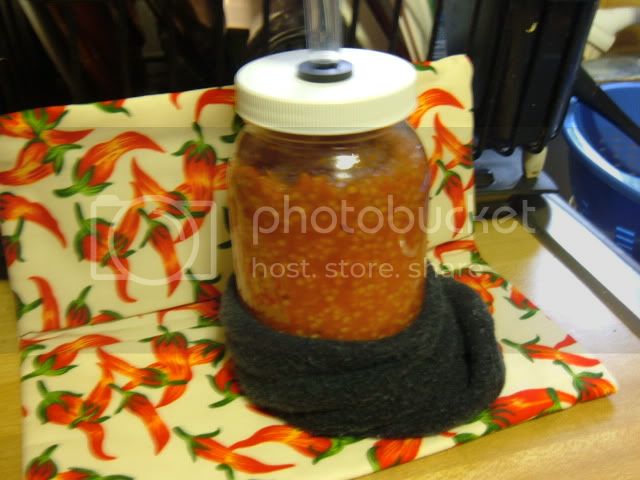
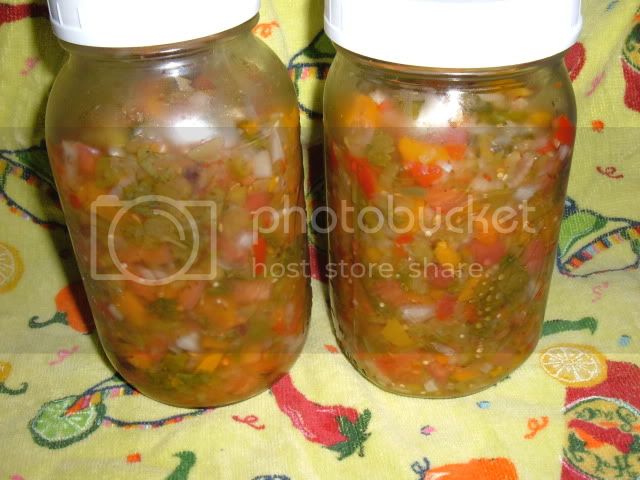
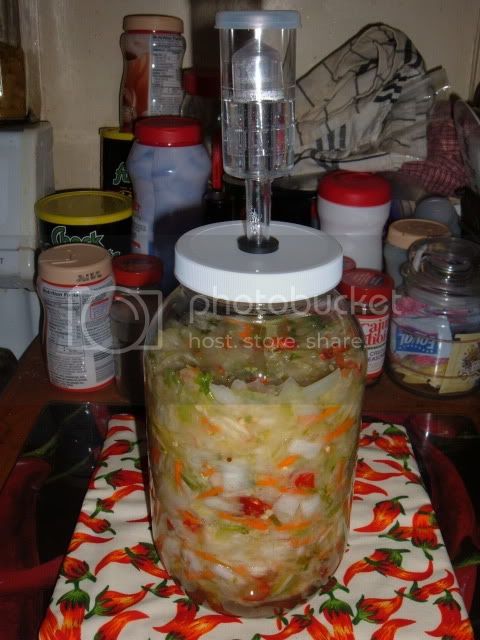
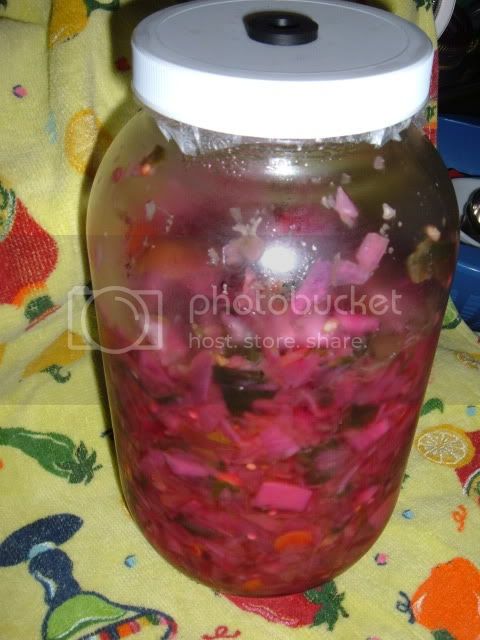
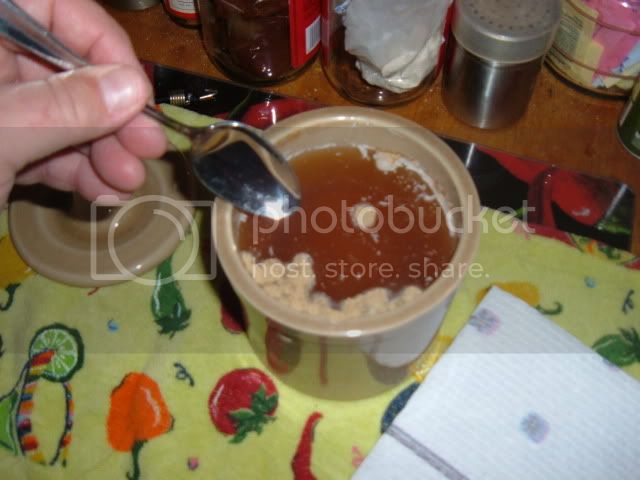
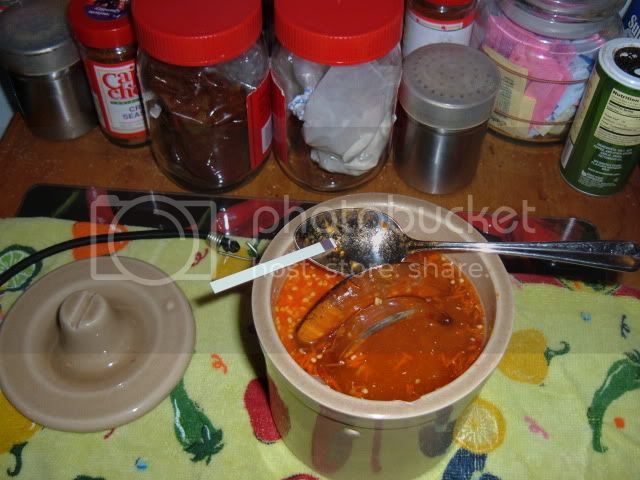
 And Cappy talking about oxidation struck a chord with me. If fermenting helps eliminate that, I definitely got to give this a try.
And Cappy talking about oxidation struck a chord with me. If fermenting helps eliminate that, I definitely got to give this a try.